Find Your Pathway
Get the Services You want
Future Student
A complete welcome for future students in Canada
View Details
Future Worker
A complete welcome for future workers
View Details
Employer
Recruitment service for
employers
View Details
%
Satisfied customer
Academic programs
Partners
Started From
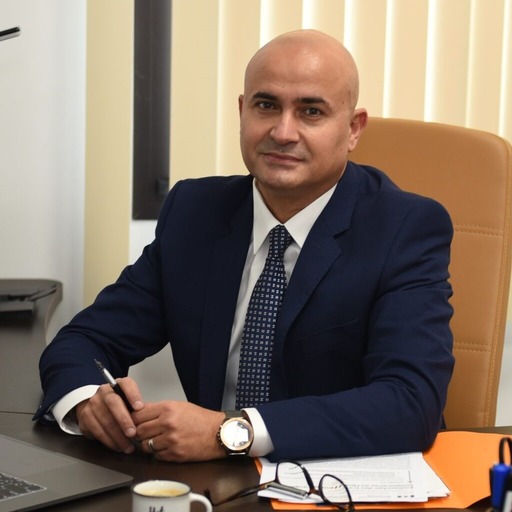
Our Experts
At Eudoxia Education Tunisia, we are proud to have a team of international education experts who are committed to helping our clients achieve their academic and professional dreams. Our president has over 13 years of experience in the field and has helped thousands of students achieve their educational and professional goals.
Our president is passionate about international education and constantly strives to provide high quality services to our clients. With his extensive experience and industry knowledge, he is able to provide sound, personalized advice to our clients to help them succeed in their educational journey.
Our consultants are also trained and certified experts in international education. They are passionate about the industry and committed to helping our clients achieve their educational and career goals. They work closely with our clients to understand their unique needs and desires, and provide customized solutions to help them succeed in their educational journey.
We are proud of our team of passionate and dedicated experts who are committed to providing high quality services to our clients. At Eudoxia Education Tunisia, we are confident that our clients can succeed in their educational journey with the help of our team of skilled experts. If you are looking to pursue your studies or career abroad, please do not hesitate to contact our team for personalized advice.
Certifications
Trusted and certified specialists
We are proud to announce that our company, as a subsidiary of Eudoxia Worldwide Education, is certified, demonstrating our commitment to excellence and quality. In addition, we benefit from several partnerships and certificates thanks to our affiliation.
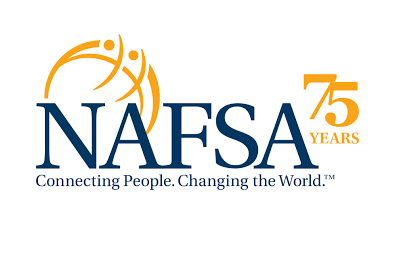
NAFSA is a prestigious organization that plays a vital role in advancing global education by fostering collaboration, advocacy, and professional growth within the international education community.
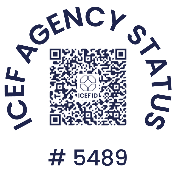
ICEF agency status signifies recognition and accreditation for education agencies that have demonstrated professionalism and met high standards in the international education industry.
"Thanks to the dedicated support from Eudoxia’s team, my transition to Canada was seamless and well-organized. Their guidance at every step made settling in easy, and I was able to begin my accounting studies under ideal conditions. I’m grateful for their professionalism and support, which truly set me up for success!"
The Eudoxia team provided invaluable support throughout my settlement process, making my adjustment smoother and enabling me to begin my studies in Canada under excellent conditions. Their assistance was instrumental in helping me transition seamlessly into this new chapter."
Our Partners

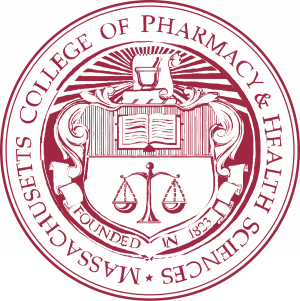
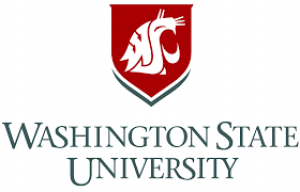




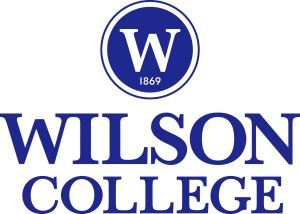

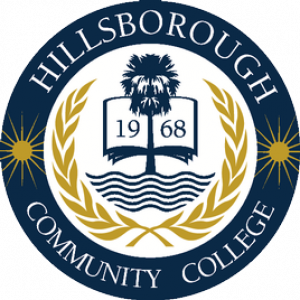
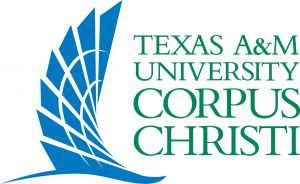
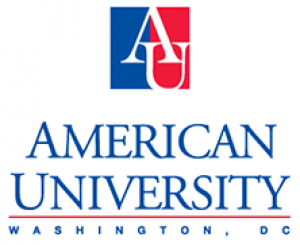
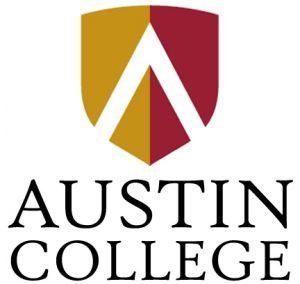
The Process
Full support for your needs



Let us take care of your domestic applications
FAQ
Frequently Asked Questions
Can a minor study in Canada if he or she is under the age of majority? What is a legal guardian?
Each province or territory in Canada decides what age qualifies a person as an adult, the age of majority. Generally, the age of majority is 18 or 19, depending on the province or territory. There are special requirements for a minor to study in Canada if he or she is under the age of majority. A minor child must either come with a parent or legal guardian, or have a guardian in Canada.
A guardian is a responsible adult who is a Canadian citizen or permanent resident and who has been designated to care for and support the minor in Canada. An immigration officer must be satisfied that once in Canada, during their studies, the minor child will have the necessary support.
Unaccompanied minors who wish to obtain a study permit and come to Canada without an accompanying adult must appoint a guardian to care for and support them during their stay in Canada.
Immigration, Refugees and Citizenship Canada (IRCC) requires a notarized declaration that has been signed by the minor’s parents in the country of origin and the guardian in Canada.
To learn more about finding a guardian, please contact the office of the institution where the minor plans to study.
In the event that a student decides to change educational institutions, is it necessary to obtain a new study permit?
Most post-secondary students can choose to change their educational institution , their program of study and/or their field of study, without the need to apply for a new study permit. This also applies to students at post-secondary level who decide to change their level of education (i.e., from a bachelor’s degree to a master’s degree). To verify the conditions with respect to certain particularities and restrictions imposed on the holder, please refer to the terms and conditions of your study permit.
In the event that a student chooses to transfer to a school, college or university in Quebec, then they will need to apply for a CAQ, and if necessary, apply for a new study permit.
Elementary students who will be entering secondary school, as well as secondary students who will be entering post-secondary school, must apply to change their study permit. Students who change educational institutions must inform the IRCC of these changes.
What is the difference between a study permit and a temporary resident permit (TRV)?
A study permit allows a foreign student to study in Canada, while a temporary resident visa (TRV) allows a person to enter Canada. Depending on the country of citizenship, a foreign student may be required to obtain a visa to enter Canada. Foreign nationals from certain countries or territories must also obtain a temporary resident visa (TRV) to enter Canada. In the case of overseas applications, if the application for a study permit is approved, a TRV will automatically be issued. There is no separate fee or application for the TRV.
The same procedure applies to overseas applications by visa-exempt foreign nationals, who will need to obtain an Electronic Travel Authorization (ETA) before entering Canada by air.
How much does it cost to study in Canada?
Tuition fees vary depending on the educational institution.
We suggest that you contact directly to find out about tuition fees.
What is the procedure for studying in Canada?
In order to study and stay in Canada for 6 months or more, the first step is to obtain admission to a designated Canadian educational institution recognized by the Government of Canada. Only designated institutions can be used to support an application for a study permit. Once a letter of admission is received from a designated institution, the applicant may be able to apply for a study permit. Applications can be made online or by mail from outside Canada.
All new study permits are issued at a Canadian port of entry. An applicant who has submitted an application to a Canadian visa office abroad will receive a letter of introduction advising them to travel to a Canadian port of entry to have the study permit issued in their passport. A study permit should be issued for the duration of the applicant’s studies.
Foreign nationals from certain countries or territories must also obtain a temporary resident visa (TRV) to enter Canada. In the case of overseas applications, if the application for a study permit is approved, a TRV will be automatically issued. There is no separate fee or application for the TRV. The same procedure applies to overseas applications by visa-exempt foreign nationals, who will need to obtain an Electronic Travel Authorization (ETA) before entering Canada by air.
Can a spouse or common-law partner be included in the application?
The spouse or common-law partner of a valid study permit holder, who is enrolled full-time at a qualifying post-secondary institution, may be eligible to apply for an open work permit. The open work permit for a spouse may be valid for the same duration as the study permit, as long as the study permit remains valid. In the application for a study permit, the applicant must indicate that the spouse will accompany them to Canada.
If a spouse subsequently decides to study in Canada, he or she will need to apply for his or her own study permit.
In order for an accompanying spouse to be eligible for an open study permit, the study permit holder must be enrolled full-time at a qualified institution at issuing post-secondary degrees. Eligible post-secondary institutions include:
Public post-secondary institutions, such as colleges or universities, or CEGEPs at Quebec;
Private institutions at the college level in Quebec Canadian private schools competent to issue degrees under provincial law. Learn more about how family members can accompany a principal applicant to Canada.
What are the processing times for study permits?
Processing times for study permits vary by visa office. For a complete list of processing times by visa office, visit the following link:
What are biometrics and do I need to provide them for the purposes of an application for a study permit?
Canada requires citizens from certain countries to provide their biometric data (fingerprints and photos). For a complete list of countries that require biometric data visit the following link:
https://www.canada.ca/fr/immigration-refugies-citoyennete/campagnes/biometrie/faits.html
Are there any scholarships available for international students in Canada?
Each year, a small number of scholarship programmes by the Canadian government are offered to outstanding students.
As well, some Canadian institutions offer entrance scholarships based on financial need to international students demonstrating particular academic distinction. Further information can be obtained by contacting the financial aid offices of the respective universities and colleges. The Ministry of Education in the international student’s home country can also provide information regarding financial aid and scholarships that may be available.

